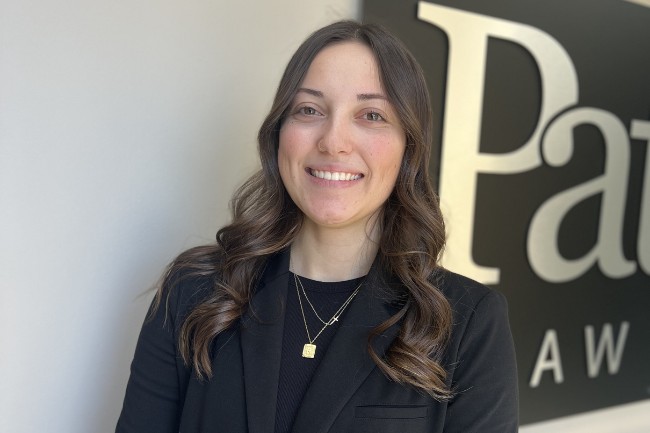Writing wills and trusts is an essential part of estate planning that can help protect your assets and insure the distribution of them upon your death. Wills and trusts are two important legal documents that can work independently or together to help make sure your assets are passed on according to your wishes. Understanding the differences between wills and trusts, and specifically what they do, can help you make informed decisions about how to best protect your estate. Working with a local estate planning attorney is probably the best way to make sure your wishes are carried out effectively. This is an issue for which we can often see “we don’t know what we don’t know.”
Why You May Want Both Wills and Trusts

If you choose to use a trust as the primary part of your estate plan, it is important to also have a will along with the trust to ensure that your wishes are carried out after your death. Wills are the most common type of estate planning document, and they serve as a record of how you want your assets distributed upon your death. When it is used with a trust, it is commonly referred to as a “pour-over” will. This is a safety net to make sure any assets going through probate are “poured over” into the trust. Trusts are typically the best way to provide for the management and distribution of your assets, both while living and after your death. It is probably malpractice not to have a “pour-over” will when using a trust since this “safety net” or additional protection for your assets provides more assurance that all your estate is taken care of in the way you intended.
Contrary to what most people believe, a Last Will and Testament does not avoid the probate process. A Will is actually used in the probate process to direct the distribution of assets passing through probate. Usually, people want to avoid probate to avoid the time and cost for the beneficiaries and heirs. Unless something unique occurs, assets titled in trust or assets with the beneficiary as the trust, do not require probate. The only ways to avoid probate are for your assets to be jointly owned, have a proper beneficiary designation, or be titled in trust. It is most attorney’s position assets should only be held jointly with long-time spouses and only then after counsel. Probate will almost assuredly require the involvement of an attorney, court costs, and lengthier timelines meaning greater costs and fees reducing the amount of money that beneficiaries receive.
In addition to time and cost savings, a trust can provide special benefits for estate planning. These usually include protection from creditors, tax savings, and allowing you to provide for management of those assets after you pass away and contingencies. This last point is especially important when a beneficiary is receiving government or social benefits they may lose due to an inheritance; one way to protect that beneficiary is commonly referred to as a special needs trust. Trusts can also offer greater control over the distribution of your assets, allowing conditions to be set for when and how beneficiaries receive their inheritance.
Overall, having both a will and a trust in place can help ensure that your wishes are fulfilled in the way you intended, while also protecting your assets from taxes and creditors. Working with an experienced, local estate planning attorney can help ensure that all of your assets are properly accounted for and that you have taken all necessary steps to safeguard your wishes.
Working With a Local Estate Planning Attorney
When it comes to protecting your assets, using a reliable and knowledgeable local estate planning attorney is essential. An experienced attorney can provide you with the necessary legal advice and counsel to ensure that your wishes are carried out legally and as you intended. This includes drafting wills, trusts, deeds, powers of attorney, as well as helping you navigate any legal matters that may arise.
An experienced estate planning attorney will work with you to understand your unique goals and objectives and provide you with enough information, so you know how to best protect your assets. Your attorney will help you create a plan that will meet your needs both now and in the future.
Your attorney will also be able to explain the differences between wills and trusts and guide you in selecting the right estate planning tool for your individual circumstances. It is important to work closely with an experienced estate planning lawyer to ensure you have the best information so you can create the best plan for you. Having a knowledgeable and local estate planning attorney by your side is the best way to ensure that your wishes are respected, and your assets are protected. If you have any questions about wills, trusts, or estate planning in general, it is always best to consult a local expert. Contact us at Paths Law Firm in Kansas City today for more information.





























